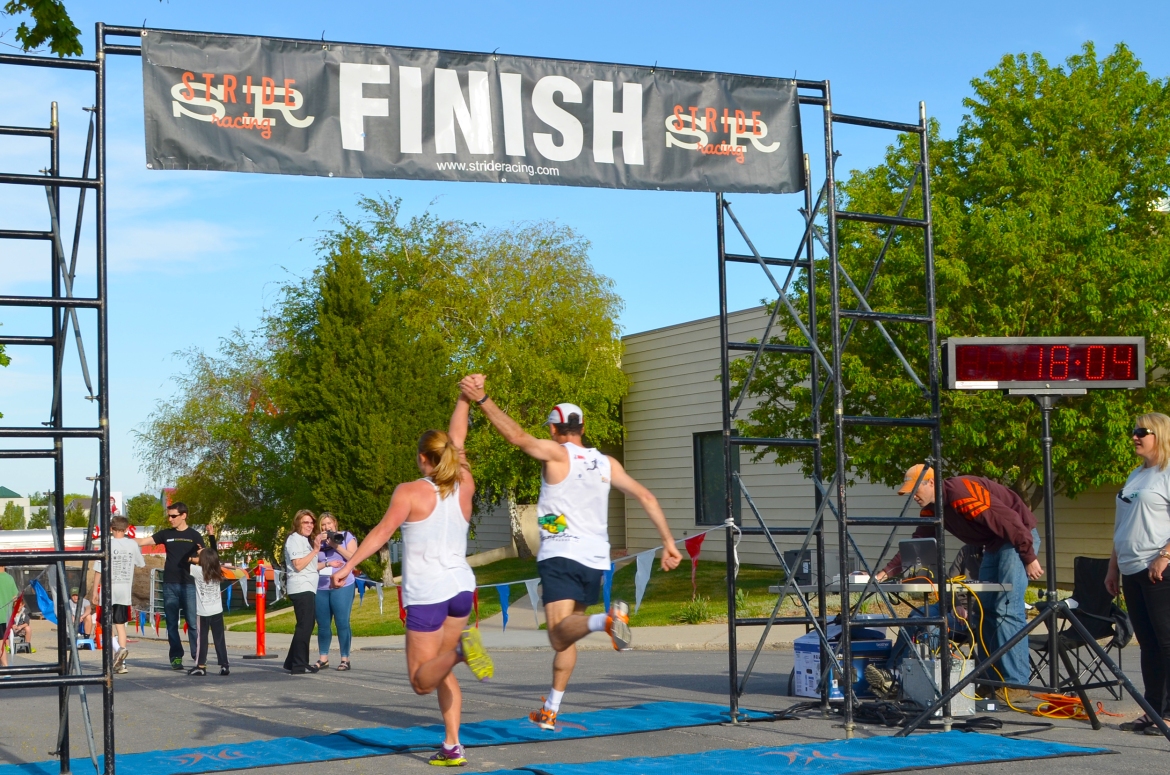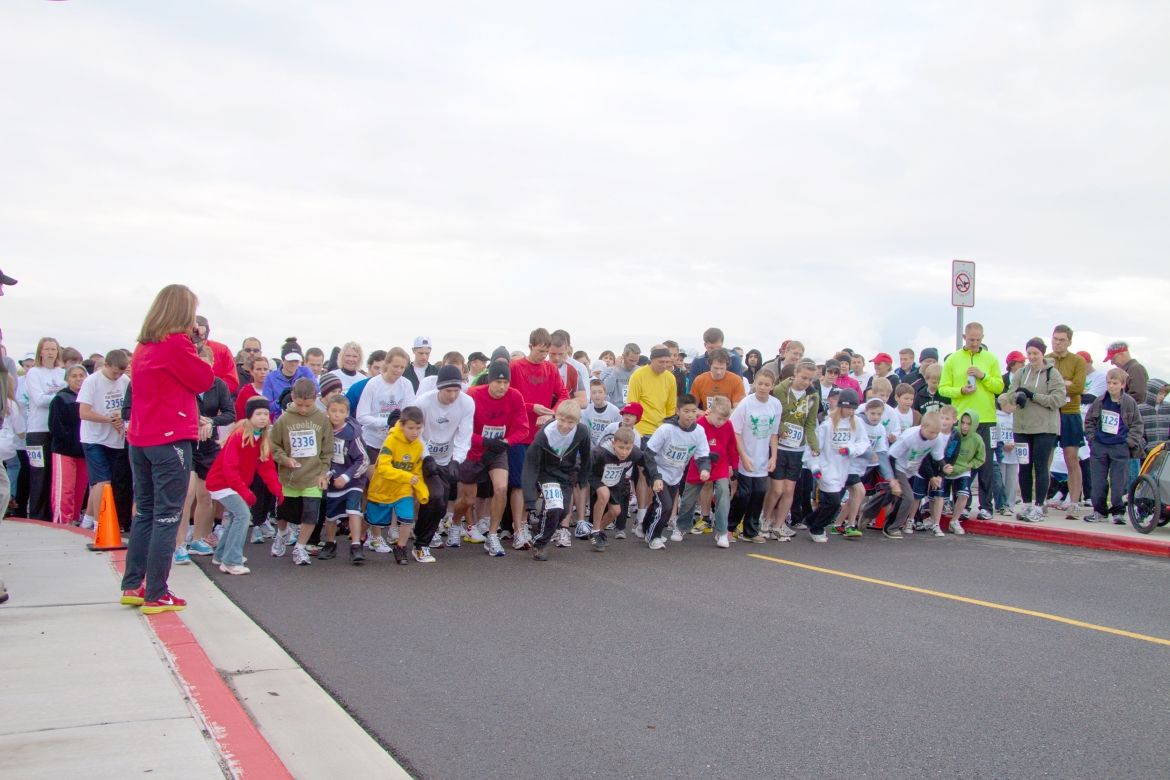Spring welcomes runners back to the outdoors this time of year. Whether it’s your first 5K or your 8th marathon, injury prevention is a top priority for all runners. Dr. Brett Martindale, Sports Medicine Specialist at our Professional Center South has some advice that’ll keep your stride strong all season long.
What types of injuries do you see most in runners?
One of the most common injuries I see is pain in the front of the knee, around the area of the knee. This is commonly called runner’s knee, patellofemoral syndrome, or patellar maltracking. Runner’s knee is often due to irritation of the back side of the patella during movement of the knee, which can start causing pain over time.
Other issues I see are pain on the outside of the knee, often due to a problem with the IT band, or pain in the shin bone, such as shin splints. All of these issues are potentially related to improper mechanics, increasing intensity too quickly, or on occasion, improper footwear.
What’s some bad advice for training?
The worst advice about running, or any physical activity, is going too hard, too fast, for too long, too soon. Our bodies are wonderful and adapting to the stresses that we subject them to, but it takes longer than we would usually like. So people need to start slow, with light intensity, and not for too long, and get adequate rest between workouts. Gradually increasing the intensity over time is what helps increase her body’s fitness and adaptation to exercise.
The worst advice while preparing for a race is not allowing enough time before the race to prepare for it.
What is some good advice?
The best advice would be to start preparing for race well in advance of the race, usually several months. This allows time to gradually increase the intensity of exercises in preparation, and if there is an injury that comes up, there’s often more time to address the problem before the race.
Can certain foods or supplements give runners an edge?
There is a lot of debate surrounding the best diet for endurance athletes. Generally speaking, pre-exercise supplements should be rich in glucose, which is necessary for proper muscle function. Glucose should be replenished adequately about every 30-60 minutes of exercise.
Recovery is usually focused more on consuming adequate protein, which are the building blocks of recovery. Overall, a healthy, balanced diet focusing on natural and unprocessed vegetables, meats, dairy, and fruits are ideal for anybody, including athletes.
Is stretching important?
Stretching is a very important part of exercise, but probably not in the way that most people have done it. Usually, we think of stretching before activity to limber up the joints and muscles. However, studies have failed to show increased strength in performance or a lower chance of injury from pre-exercise stretching. Some studies have even been linked to increased risk of injury!
Stretching is good, but not necessary before the run. What’s more beneficial is simply warming up the muscles with lower intensity activity before exercise. Stretching can be helpful after running, or even performed separate from the main activity to increase strength and flexibility.
How can runners recover properly and come back stronger?
The rest stage of exercise is where we reap the benefits of strength and fitness, which is why it’s so important to give our bodies enough rest. Allowing for proper rest in between intense physical episodes will help you gain the maximal benefit from these programs. The same would be true for immediately after the race.
Recovery, I believe, is the most important aspect of any exercise regimen, even more important than immediate rest. The best training protocols involve a gradual increase of activity over time. Over the short-term, runners should plan shorter bouts of activity intermingled with an occasional longer or more intense run. They should also allow increased rest time after more intense activities.
- Overall, exercise should occur usually over 5 or 6 days a week, allowing at least 1 to 2 days per week for rest.
- The most intense training day should not occur directly before a race, but usually a few weeks in advance, with lighter activity in the week leading up to the race.
- After the race, a slightly extended period of rest is beneficial before resuming normal exercise program. This allows for the greatest benefits of increased strength and cardiovascular fitness while avoiding overuse injuries or burnout.

Dr. Martindale treats acute sports injuries, overuse injuries, and a breadth of other conditions. He also offers rehabilitation and exercise regimens, nutrition coaching, and injury prevention protocols in his Ogden office. Schedule a visit with Dr. Martindale by calling 801-475-3300 or request an appointment online.



.4).2511050842400.png)
.jpg.2511241144379.webp)